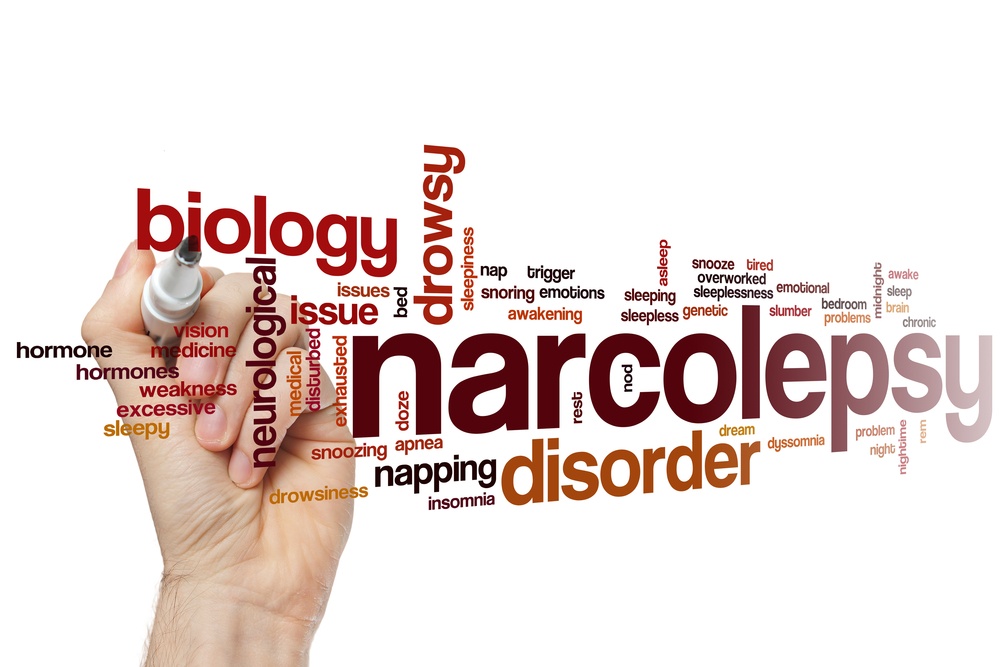- 05-Jan-24
Narcolepsy is a neurological illness that affects sleep and wakefulness control. People with narcolepsy experience excessive daytime sleepiness and may unexpectedly fall asleep during normal daily activities. These episodes of sudden and uncontrollable sleep attacks can last from a few seconds to several minutes. Narcolepsy is a long-term neurological condition that impairs the brain's capacity to regulate sleep-wake cycles. Narcolepsy patients may feel peaceful after waking up, but subsequently drowsy for the rest of the day.
What is Narcolepsy?
Narcolepsy is a neurological disease in which the brain's capacity to regulate sleep-wake cycles is impaired. Narcolepsy causes extreme daytime sleepiness and unexpected, uncontrollable episodes of falling asleep during the day. Narcolepsy can significantly impact daily life, as the sudden and uncontrollable nature of symptoms can interfere with work, social activities, and overall well-being. The exact cause of narcolepsy is not fully understood, but a combination of genetic and environmental factors, as well as an autoimmune response affecting the neurotransmitter hypocretin, is believed to contribute.
Narcolepsy Symptoms:
Narcolepsy is characterized by a range of symptoms that can significantly impact a person's daily life. The primary symptoms include:
- Excessive Daytime Sleepiness (EDS): The most common and defining symptom of narcolepsy is an overwhelming and persistent feeling of sleepiness during the day, regardless of the amount of sleep obtained the previous night. Individuals may struggle to stay awake and alert, leading to difficulties in daily activities.
- Cataplexy: Cataplexy is a sudden and temporary loss of muscle tone, usually triggered by strong emotions such as laughter, excitement, surprise, or anger. Cataplexy can range from mild muscle weakness to complete physical collapse. Not everyone with narcolepsy experiences cataplexy, but it is a characteristic symptom when present.
- Sleep Paralysis: Sleep paralysis involves a temporary inability to move or speak when falling asleep or waking up. This can be a frightening experience as individuals may be conscious but unable to move for a brief period.
- Hypnagogic Hallucinations: These are vivid and often disturbing dream-like experiences that occur while falling asleep or waking up.
- Disrupted Nighttime Sleep: Many people with narcolepsy experience fragmented and disrupted nighttime sleep, including frequent awakenings.
It's important to note that not everyone with narcolepsy will experience all of these symptoms, and the severity of symptoms can vary among individuals. The symptoms can have a significant impact on daily functioning, affecting work, social activities, and overall quality of life.
Integrated Medical Care Hospital (IMC Hospital):
The multi-specialty IMC Hospital was founded in collaboration with DHA Lahore with the goal of revolutionising healthcare and introducing the concept of completely integrated treatment and services. You can locate the Best Infertility Specialist right here. Visit Integrated Medical Care Hospital (IMC Hospital) today and make an appointment.

 Map
Map










